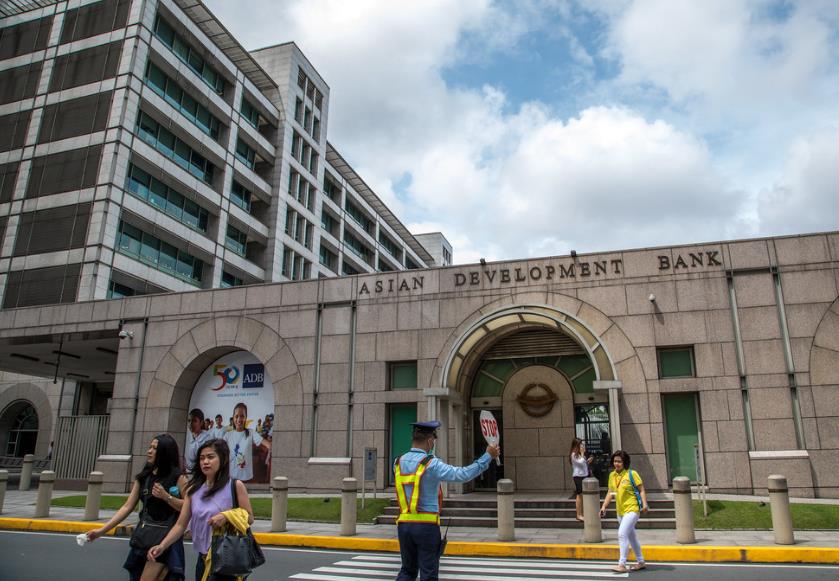The Asian Development Bank (ADB) has approved a $659 million loan for Pakistan to support its efforts to improve the reliability and sustainability of its energy sector. The loan will help finance the installation of advanced metering infrastructure, distribution system upgrades, and renewable energy projects in the country.
The loan is part of ADB’s ongoing assistance to Pakistan’s energy sector reform program, which aims to reduce the country’s dependence on expensive and imported fossil fuels, enhance energy efficiency, and increase the share of clean and renewable energy sources.
According to ADB, Pakistan faces chronic power shortages due to insufficient generation capacity, transmission and distribution losses, and poor revenue collection. These challenges have adversely affected the country’s economic growth, social development, and environmental quality.

To address these issues, ADB has been supporting Pakistan’s energy sector reform program since 2014, with a total of $2.1 billion in loans. The program has helped improve the performance of the power sector entities, increase power generation capacity, and expand access to electricity for rural and urban consumers.
The latest loan will build on the achievements of the previous phases of the program and help Pakistan achieve its targets of reducing power losses from 18.7% to 15% by 2023 and increasing the share of renewable energy in the energy mix from 4% to 8% by 2025.
Key components of the loan
The loan will finance four key components of the program:
- Advanced metering infrastructure: The loan will support the installation of about 2.8 million smart meters in the distribution network of eight power distribution companies. This will help reduce technical and commercial losses, improve billing and collection efficiency, and enable real-time monitoring and control of the power system.
- Distribution system upgrades: The loan will help upgrade and rehabilitate about 11,000 kilometers of distribution lines and associated facilities in the service areas of the eight power distribution companies. This will improve the quality and reliability of power supply, reduce outages and voltage fluctuations, and enhance the operational efficiency of the distribution system.
- Renewable energy projects: The loan will support the development of renewable energy projects, including solar, wind, and hydropower plants, with a total capacity of about 1,000 megawatts. This will help diversify the country’s energy mix, reduce greenhouse gas emissions, and lower the cost of electricity generation.
- Capacity building and institutional strengthening: The loan will help strengthen the capacity and governance of the power sector entities, including the Ministry of Energy, the National Electric Power Regulatory Authority, the Central Power Purchasing Agency, and the power distribution companies. This will enhance their ability to plan, implement, and monitor the energy sector reform program and ensure its sustainability.
Expected outcomes and benefits
The loan is expected to contribute to the following outcomes and benefits for Pakistan:
- Improved energy security and affordability: The loan will help reduce the country’s reliance on imported and expensive fossil fuels, which account for about 30% of the total electricity generation. By increasing the share of renewable energy and improving the efficiency of the power system, the loan will help lower the average cost of electricity supply and reduce the burden on the national budget and consumers.
- Enhanced economic growth and social development: The loan will help improve the availability and quality of power supply for industrial, commercial, and residential consumers, especially in rural and remote areas. This will boost the productivity and competitiveness of the economy, create employment opportunities, and improve the living standards of the people.
- Reduced environmental impact: The loan will help reduce the environmental impact of the power sector, which is one of the major sources of greenhouse gas emissions and air pollution in the country. By promoting the use of clean and renewable energy sources, the loan will help mitigate the effects of climate change and improve the health and well-being of the population.
The loan is co-financed by the Agence Française de Développement (AFD) and the Japan International Cooperation Agency (JICA), with a total of $400 million and $280 million, respectively. The loan has a 25-year term, including a grace period of 5 years, and an annual interest rate determined in accordance with ADB’s lending policies and procedures.
